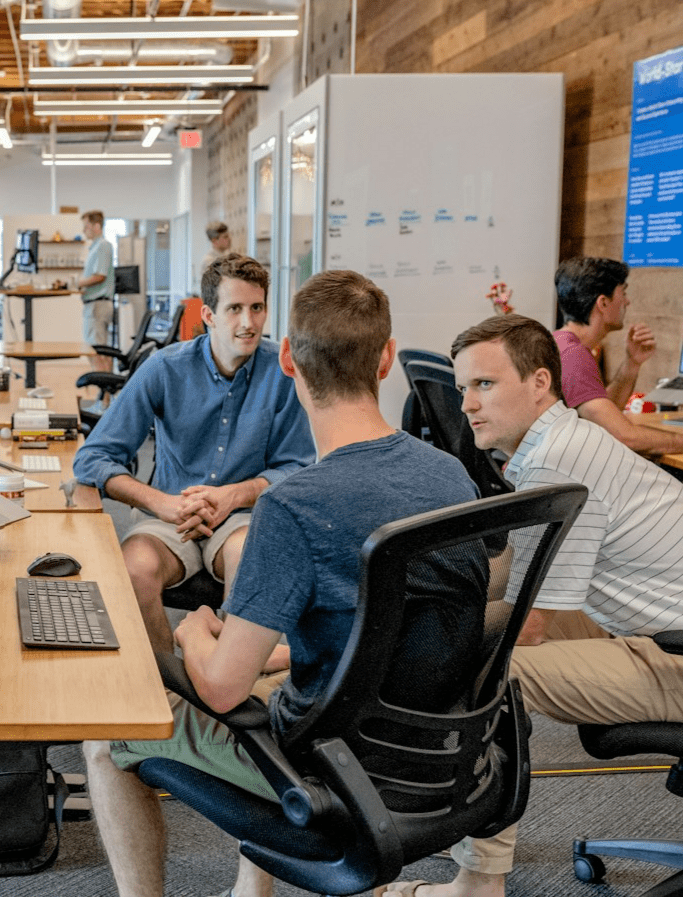



- Events & Media
- …
- Events & Media
- 0
- Login



- Events & Media
- …
- Events & Media
- 0
- Login


Staff, Crew, &
Virtual Assistants
Completing work and projects rely on effective staff, crew, and virtual assistants
Finding the balance that results in the best outcome is a challenge
Planning and communication is critical to success
Managing staff, crew, and virtual assistants for projects involves a few key challenges

Staff
Communication and Coordination
- Ensuring clear communication and effective coordination among team members.
Motivation and Morale
- Keeping the team motivated and addressing any issues affecting morale.
Skill Development
- Identifying skill gaps and providing opportunities for professional growth.
Conflict Resolution
- Resolving conflicts promptly and maintaining a positive team culture.

Crew
Logistics and Planning
- Efficiently planning crew schedules and managing project resources.
Safety and Compliance
- Ensuring adherence to safety protocols and industry regulations.
Adaptability
- Adapting to unforeseen challenges and providing necessary training.
Team Dynamics
- Promoting effective collaboration and resolving conflicts within the crew.

Virtual Assistants
A Virtual Assistant is a temporary, part-time worker with no set hours who is not required to be on premises or ever meet in person. Used on an as-needed basis they are generally assigned simple or highly repetitive tasks that are mostly office/internet work.
Communication
- Effective communication in a virtual setting.
Task Monitoring
- Monitoring tasks without micromanaging and setting clear expectations.
Time Zone Differences
- Managing projects with team members in different time zones.
Building Trust
- Establishing trust and providing growth opportunities for virtual assistants.
Flexible Menu Design
- Develop menus that showcase the depth of each concept. Provide a variety of dishes within each culinary style.
- Offer flexibility in portion sizes, allowing customers to customize their dining experience.

General Tips
Use Project Management Tools
- Implement tools for better communication and task tracking.
Regular Check-Ins
- Schedule regular meetings to discuss project updates and address concerns.
Clearly Defined Roles
- Define roles and responsibilities to ensure clarity.
Training and Development
- Provide ongoing training for skill enhancement.
Feedback Mechanisms
- Establish open feedback channels for continuous improvement.
Cultural Sensitivity
- Be mindful of cultural differences in diverse teams.
Recognition and Rewards
- Acknowledge and reward team members for their contributions.
By addressing these challenges and following these tips, project leaders can create a collaborative and productive work environment.
Contact Us
© 1996-2024 Event City Network, a division of Event City. All rights reserved.




